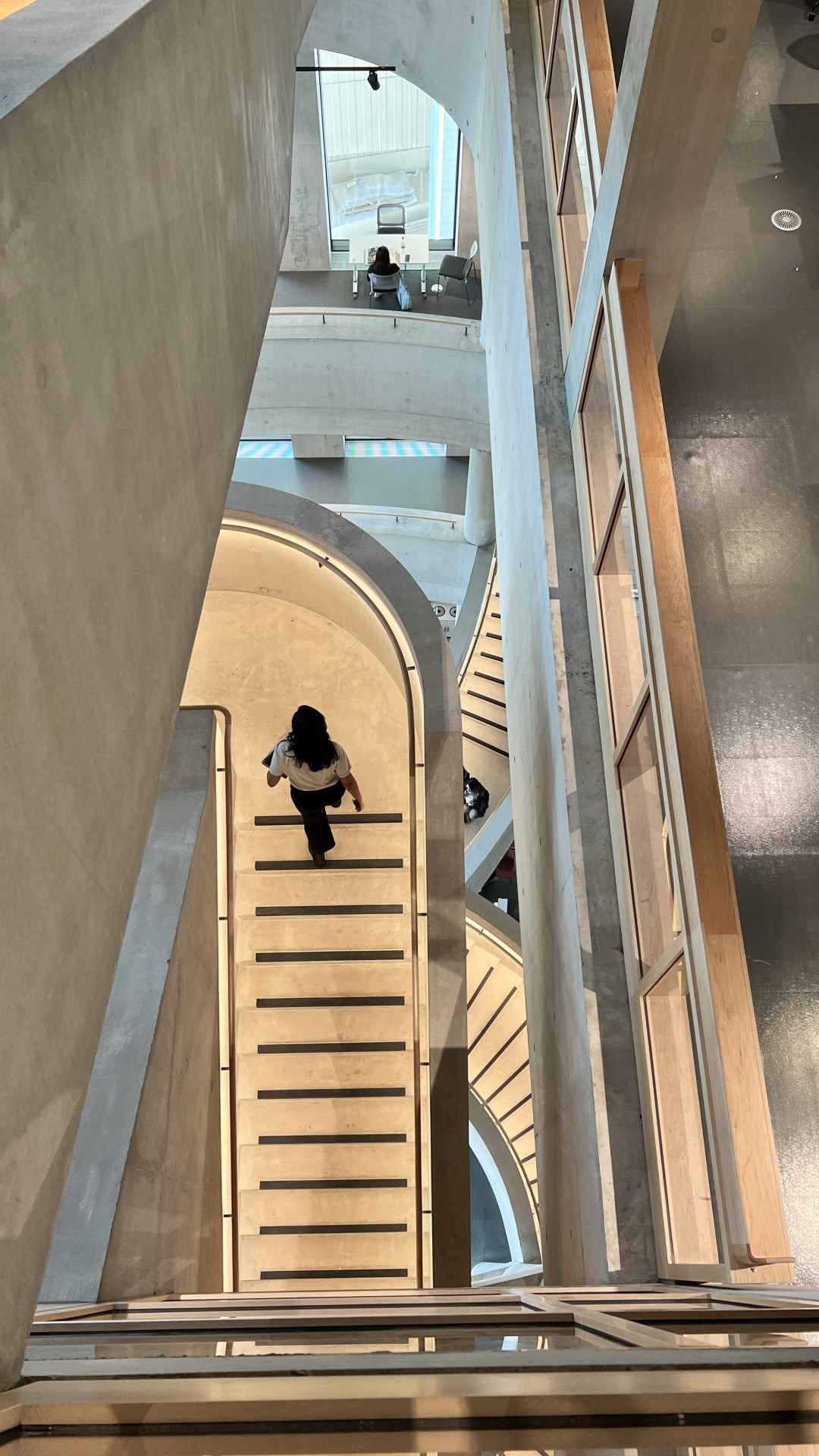Events
View all
Interdisciplinary Research Symposium
Explore how business schools and parent universities can enhance their capacity for interdisciplinarity.
Insights
View all
Implementing block teaching in large-scale business school settings
Discover three key advantages of strategically implementing block teaching in large-scale educational settings.

Flora’s April roundup
Learn more about our two key priorities: supporting the financial sustainability of our business schools and celebrating 10 years of the Small Business Charter.
Chartered ABS statement on the Government review of the Graduate Route
Reflections for UK business schools from the AACSB International Deans Conference

Members
We represent the interests of the UK's business schools and support them to develop their capacity, networks and knowledge
Member Directory
Find a full directory of our member business schools here.
Job Listings
Look for your next career move in a UK business school here.
Research & Analysis
Our publications and analysis provide insights and data for the business school sector and help inform policymakers and stakeholders.
Become a Member
Join our supportive community and benefit from our advocacy work, capacity building activities, and research and data analysis.


Small Business Charter
The Small Business Charter is a national accreditation awarded by small businesses to business schools who excel in supporting small businesses, student entrepreneurship, and the local economy.

